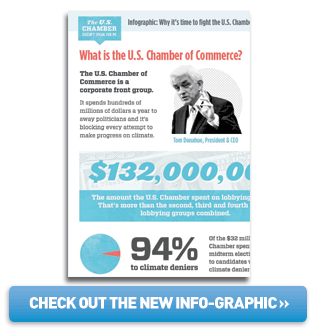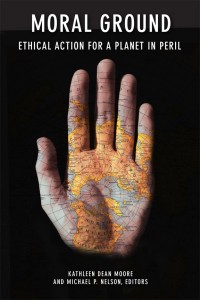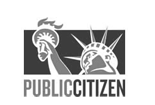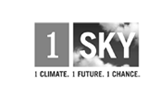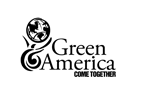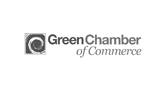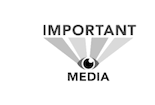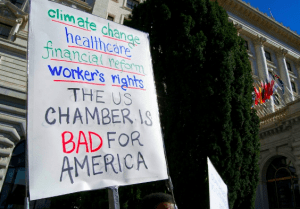 If you’ve ever wondered how the wealthiest 1% in this country manage to maintain a stranglehold on Congress while wreaking havoc on the financial and environmental structures that were created to protect the American people, the answer shouldn’t come as a surprise.
If you’ve ever wondered how the wealthiest 1% in this country manage to maintain a stranglehold on Congress while wreaking havoc on the financial and environmental structures that were created to protect the American people, the answer shouldn’t come as a surprise.
The U.S. Chamber of Commerce pretends that it has nothing to hide (after all, it does state very clearly on its website that it’s the biggest lobbying group in America, and its headquarters are conspicuously located right across the street from the White House), but if that’s the case, why won’t it disclose who its corporate members are or where its money comes from?
Because it represents the top 1% in America—the corporate and industry executives responsible for our current economic and environmental crises—and because its legitimacy depends on the public not understanding this fact.
In an appalling display of disregard for American public, the Chamber has been on a century-long rampage against government regulation and transparency. It claims to lobby for best interests of small businesses, often scaring the public with the usual rhetoric of “regulation kills jobs”, yet the only people who stand to gain from the Chamber’s policies are the handful of wealthy and corrupt executives who have been making millions in profits at the expense of everyone else.
Against the best interests of the 99% of people in this country, the U.S. Chamber has lobbied for oil, coal and gas companies to get millions of dollars in taxpayer handouts, it has lobbied to take away your right for job-protected time from work if you or a family member is seriously ill, it fought to extend Bush-era tax cuts for the nation’s wealthiest people at the expense of low and middle-income Americans, it fought to kill the Consumer Financial Protection Act with wildly misleading ads, it sponsored a series of conferences to teach businesses how to outsource jobs to China, it demanded taxpayer bailouts for its bank members (AIG, Goldman Sachs, JP Morgan), and it coordinated Wall Street’s stealth lobbying campaign to kill financial reform, among a long list of other political assaults on environmental and consumer protections.
Even as the new House Supercommittee works to draft a plan that will fix the American economy and put people back to work, it is more than likely that the U.S. Chamber will oppose one of the easiest and most widely approved solutions on the table: ending Big Oil Subsidies. Back in May, ThinkProgress reported that “the chamber’s chief lobbyist, R. Bruce Josten, blasted S. 940, the Close Big Oil Tax Loopholes Act, as ‘punitive taxation‘ that would ‘jeopardize U.S. jobs’ and ‘increase energy costs'” in a letter to the U.S. Senate, even though the American Petroleum Institute’s chief economist has admitted that cutting subsidies for Big Oil would not hurt jobs, but would likely create them. That bill died in its tracks despite overwhelming public support, and this time around we can be sure that when the opportunity arises to put the American people before profits, the U.S. Chamber will once again side with the 1%.
